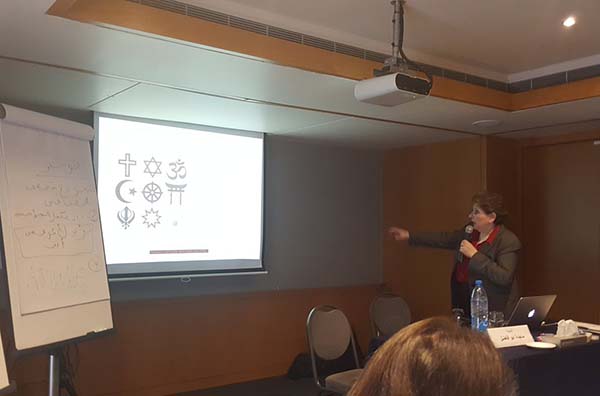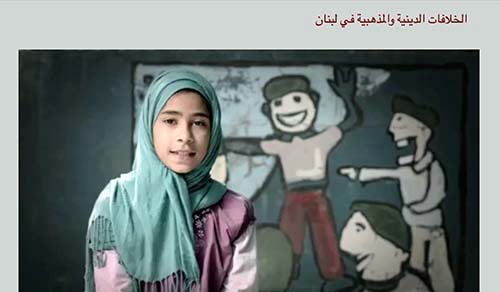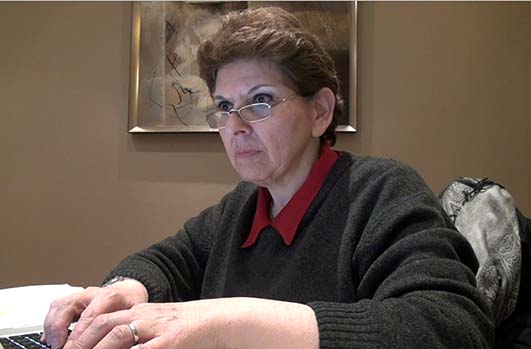Media Unlimited director Magda Abu-Fadil helped train Lebanese, Jordanian and Iraqi journalists in Beirut on the mechanics of covering religion, religious diversity and freedom of expression during a much-needed five-day workshop.
They had been given a solid dose of religious, philosophical and academic arguments and definitions in previous days by men of the cloth, university faculty members and other experts in a mini-course organized by the Adyan Foundation, an organization promoting interreligious studies and spiritual solidarity.
Abu-Fadil’s sessions in October 2016 focused on the essence of covering religion, the research involved, the fieldwork, the critical thinking needed for such assignments, and the hazards involved.
Videos included how sectarian provocation in the media was monitored in Lebanon in 2015, how religious differences are interpreted by children (based on their upbringing), how to detect bias in reporting, religious forgiveness, and tolerance.
The tips she provided included reporting accurately about religious groups and matters, not assuming anything, being fair and balanced, familiarizing oneself with religious laws where they apply, providing the necessary context to any story and adding the economic, political, social and cultural dimensions to reports.
She also cautioned them about politicians’ use of religious verses to further political and possibly nefarious agendas.
Abu-Fadil moreover focused on media ethics in the religious context with countless caveats on pitfalls that could sink journalists like inciting hate, misusing social media, and disseminating rumors.





